In a world where sleep is elusive, stress is inescapable, and aging feels like a team sport no one signed up for, the search for relief is never-ending. For more and more, cannabis has emerged as a promising player (or at the very least something we all want on the bench)—offering potential benefits for sleep, anxiety, and general well-being. But behind the buzz and dispensary marketing lies ( 😉 ) a critical question:
What does the science actually say?
This week, I read through a handful of fascinating studies that bring us closer to answers. Some findings reaffirm what many cannabis users already believe, while others raise an eyebrow or two. From CBN as a potential sleep aid to surprising insights about CBD use among seniors, below is a summary of some key takeaways you might enjoy knowing about. And, if you want to read all the studies yourself, as usual, links to full PDFs to read are below.
✨ New for 2025:
🌟 The first 25 people to restack Doctor-Approved Cannabis posts will automatically receive a FREE week of subscription! 🎉 🙌
Big Picture Highlights
CBN and Sleep: More Than a Bedtime Story
CBN, or cannabinol, is gaining traction and crowding dispensary shelves as “the sleepy cannabinoid.” A new study showed it improved both deep (NREM) and dream-filled (REM) sleep in rats. Notably, the effects rivaled those of Zolpidem (Ambien), a pharmaceutical staple for insomnia.
• The catch? The doses used were high—the equivalent of 100mg for a human.
• Low bioavailability means your body doesn’t absorb CBN well, so the usual 5mg-ish gummies that most people tend to take just might not be cutting it, at least the way the rumor mill and/or retail marketing scene may lead us to believe
• Here’s the plot twist: a CBN metabolite (called 11-hydroxy CBN once your liver sees the CBN and works its magic) may actually be the real sleep influencer, binding more effectively to CB1 receptors in the brain. In a nutshell, while CBN is passing through its first run through your bloodstream, it may not come with much fanfare, but on a second or third run - might be doing more of what people think it does. Nothing is simple anymore, is it?
So, is CBN the new Ambien? Not quite. But it’s a promising step that warrants more research—and careful product exploration for those curious about its sleep-inducing potential.
For more on sleep cycles, and different stage of sleep: CaplanCannabis.com
CBD and Older Adults: More Than Earl Grey Tea
A second study highlighted a surprising trend: seniors are embracing CBD more than THC-based cannabis. Why? Likely because it feels safer and aligns with their goals for managing pain, sleep troubles, and anxiety. Or, perhaps they still imagine cooking pans with eggs frying while dreaming up anything in the “drug” family. Nevertheless…
In the 65+ age group, CBD use outpaced cannabis consumption.
• This raises an important question: Are older adults self-treating without proper guidance? While their interest is valid, to put it lightly, education gaps persist—leaving almost everyone to navigate the CBD landscape alone. It’s a wake-up call (or maybe a gently nudging firehose?) for clinicians and cannabis educators. Seniors need clear, evidence-based information to make confident, informed choices.
Remember, seniors are the fastest growing cohort in our culture. By 2030, adults aged 65 and older will outnumber children under 18 for the first time in U.S. history. As life expectancy rises and healthcare evolves, so too do the challenges faced by this generation. 80% of seniors live with at least one chronic condition, like arthritis, insomnia, or anxiety. Historically, prescription medications were often the go-to solution, but many older adults worry about side effects, drug interactions, and long-term dependency. And again - who is there to educate them about cannabis?
Cannabis and Cognitive Decline: Myth-Busting the Gateway Theory
Here’s something unexpected: a decades-long study tracking over 5,000 men for an average of 44 years found that cannabis use was linked to less cognitive decline—not more.
• Neither the age of first use nor the frequency of use seemed to worsen cognitive outcomes.
• While the study only included men (let’s hope women are next on the docket), the findings challenge old fears that cannabis inherently damages the brain.
It’s a powerful reminder to question long-held assumptions and look at the data. Science evolves, and sometimes it surprises us in the best ways.
The ECS: Where Science and Lifestyle Intersect
None of this would make sense without the endocannabinoid system (ECS), your body’s master regulator. It’s the internal network that keeps mood, sleep, appetite, and pain in check—and cannabis works because it interacts with this system.
But here’s the twist:
• The ECS isn’t only influenced by cannabis. Things like diet, exercise, and even acupuncture can tweak its balance.
• This explains why cannabis can affect people so differently. Your ECS is as unique as your fingerprint—shaped by lifestyle, genetics, and environment.
The takeaway? While cannabinoids like CBN and CBD are exciting, lifestyle factors matter too. A good night’s sleep, it turns out, isn’t just about what you consume—it’s also about how you live.
Bottom Line: What Does This Mean for You?
This week’s research reinforces a truth many of us already know: Cannabis isn’t a magic bullet. But when used thoughtfully and paired with evidence-based insight, it has enormous potential to improve sleep, ease anxiety, and challenge outdated narratives.
• If you’re exploring CBN for sleep, dosage and product quality matter. Start low, go slow, and keep expectations realistic.
• For older adults using CBD: It’s fantastic to see more interest, but proper guidance can make all the difference. Seek out trusted resources and providers.
• When it comes to cannabis and the brain, don’t let old myths steer your beliefs. The science is showing us a far more nuanced—and hopeful—picture.
And finally, take heart in knowing your body’s ECS is already working hard for you. Whether you’re tapping into cannabis or just making healthier lifestyle choices, there are many pathways to balance and well-being.
Stay curious, stay informed, and maybe—just maybe—sleep a little better tonight. 🌙
The YouTube version of this podcast, with visuals:
Missed These?
Did you know I share new Substack Notes with patient Q&As almost daily? Join the conversation here
References:
Here is the CED Library folder of studies referenced here
Here’s the folder for all papers I’ve read, published, or written about in 2024
The Danger Lurking in Street Cannabis: The Rise of Fentanyl-Contaminated Products
Smoking, Vaping, or Edibles: The Real Health Effects of Cannabis Choices






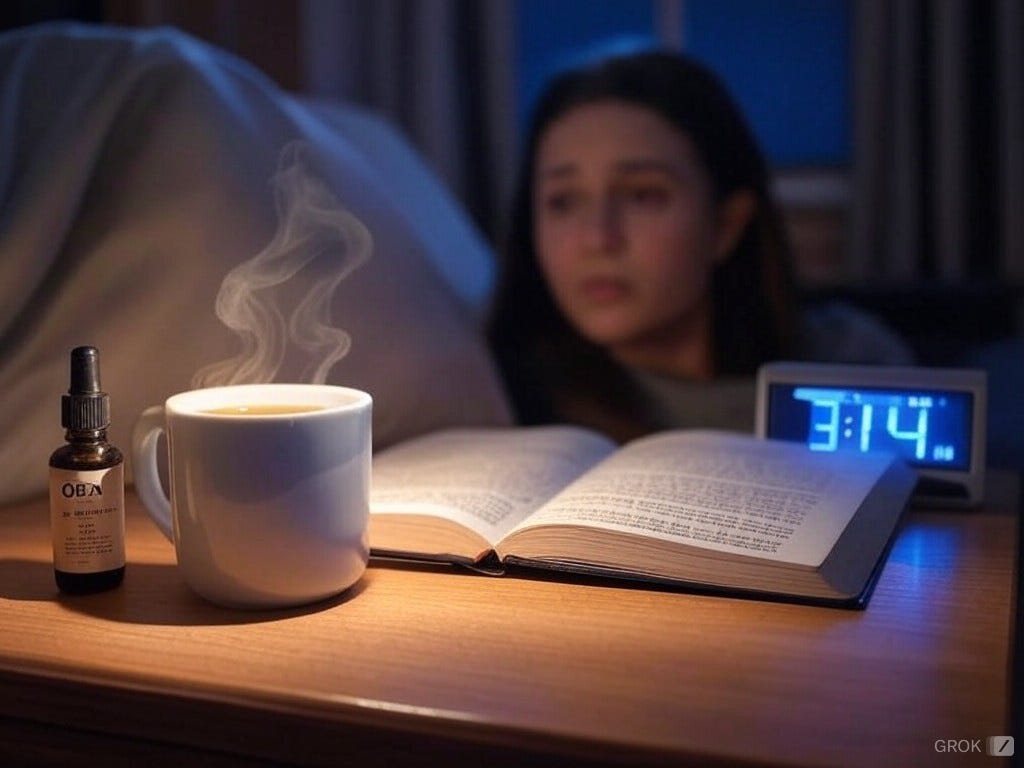
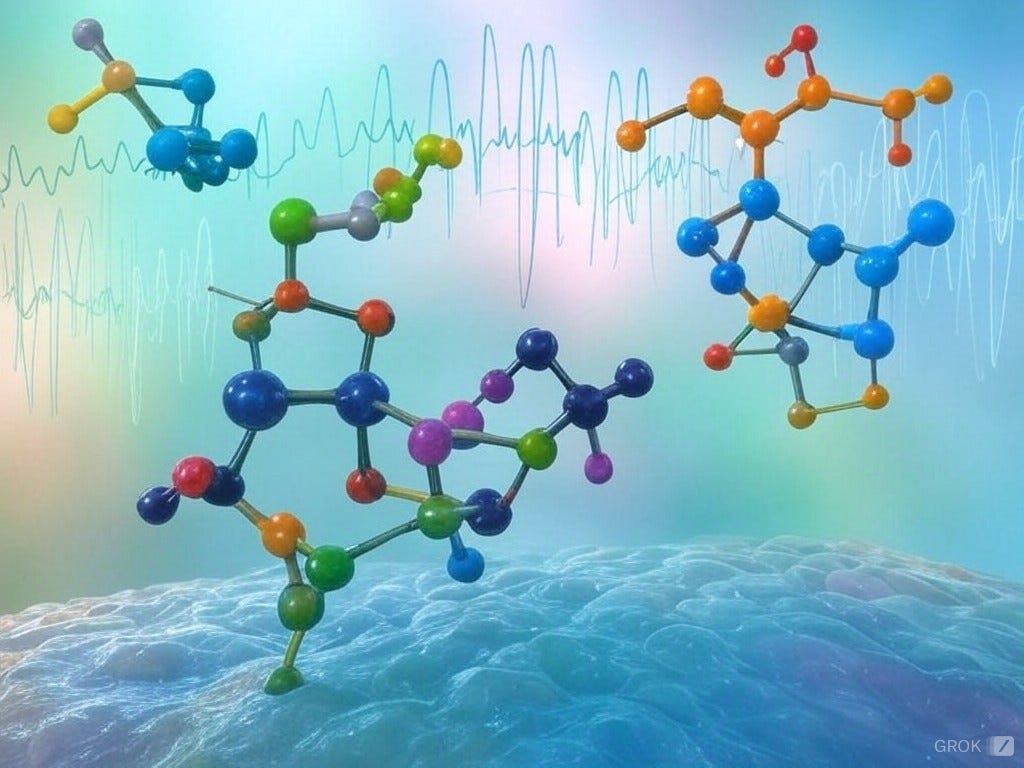
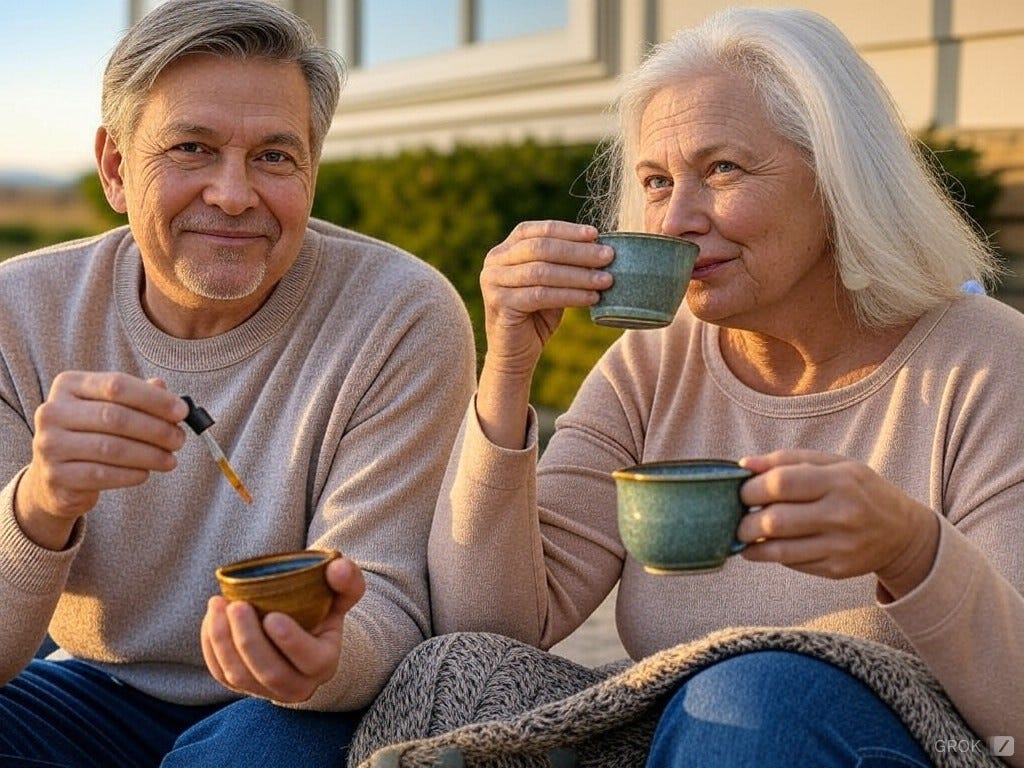
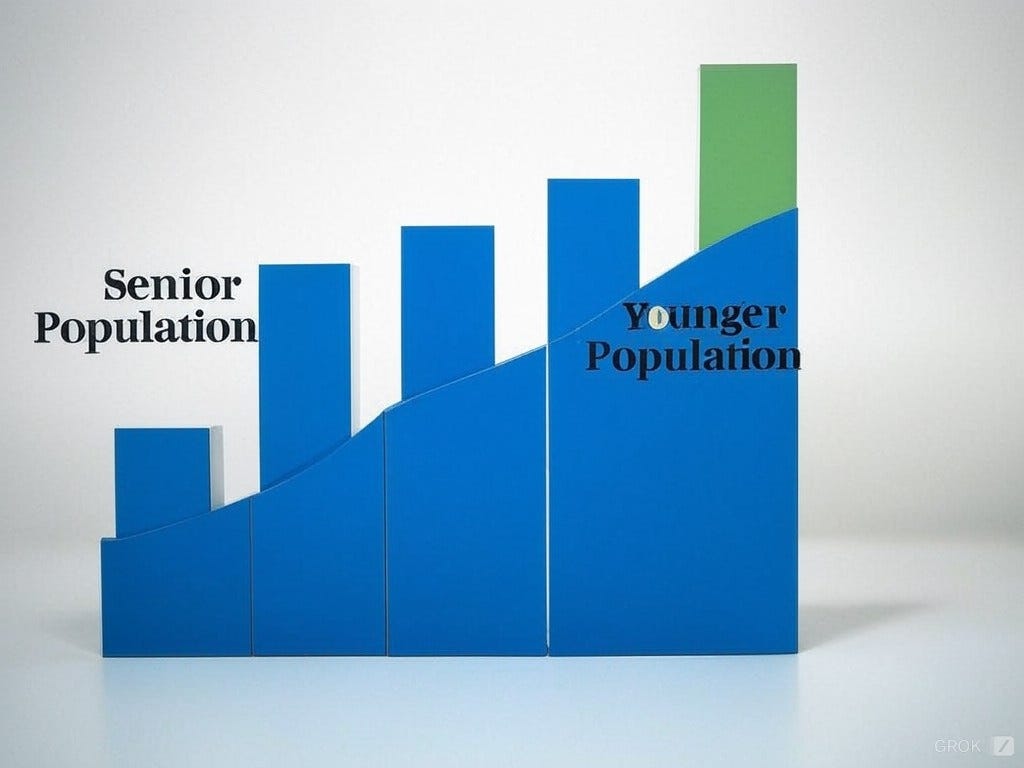





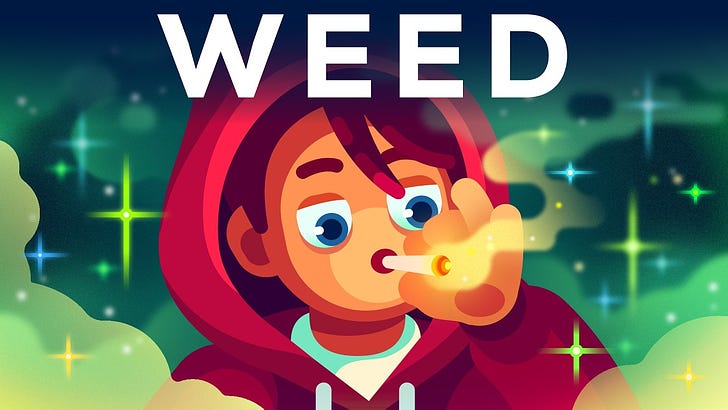

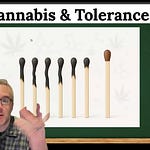
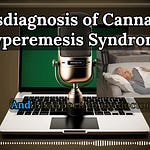



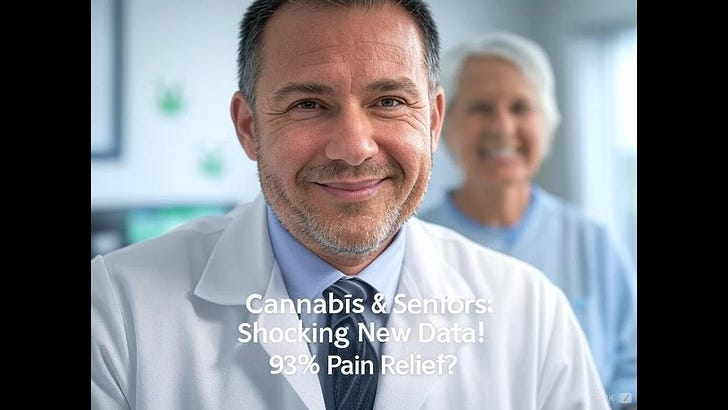

Share this post